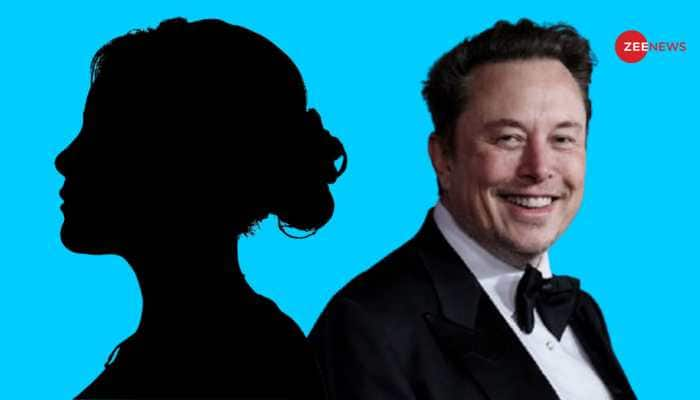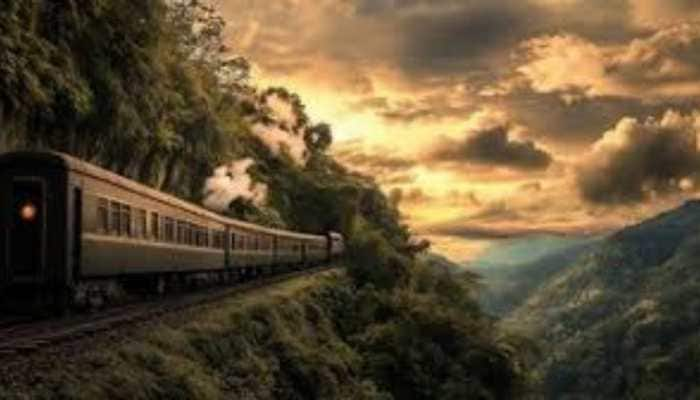World faces 'most dangerous' decade since World War Two: Putin warns West
"The historical period of the West's undivided dominance over world affairs is coming to an end," Russian President Vladimir Putin said.
Trending Photos
)
LONDON: President Vladimir Putin said on Thursday that the world faced the most dangerous decade since World War Two, accusing what he cast as a declining West of engaging in nuclear blackmail against Russia. Putin said he had no regrets about sending troops into Ukraine, and accused the West of inciting the war and playing a "dangerous, bloody and dirty" geopolitical game that was sowing chaos across the world.
"The historical period of the West's undivided dominance over world affairs is coming to an end," Putin, Russia's paramount leader, told the Valdai Discussion Club, a gathering of Russian specialists.
"We are standing at a historical frontier: Ahead is probably the most dangerous, unpredictable and, at the same time, important decade since the end of World War Two."
West is stoking nuclear tensions
Though he laid into the West, Putin appeared remarkably relaxed as he was questioned about the prospects for nuclear war and how he felt about Russian soldiers killed in the Ukraine war, which he cast "partly" as a civil war.
Putin blamed the West for stoking nuclear tensions, citing remarks by former British Prime Minister Liz Truss about her readiness to use London's nuclear deterrent if the circumstances demanded it.
Ukraine could detonate a 'dirty bomb' to frame Russia
Putin also repeated an assertion that Ukraine could detonate a "dirty bomb" laced with radioactive material to frame Moscow and dismissed as false Kyiv's suggestion that the allegation might mean Russia plans to detonate such a device itself.
"We don't need to do that. There would be no sense whatsoever in doing that," Putin said, adding that the Kremlin had responded to what it felt was nuclear blackmail by the West.
Russia invaded Ukraine on February 24, triggering the biggest confrontation with the West since the 1962 Cuban Missile Crisis in the depths of the Cold War when the Soviet Union and the United States came closest to nuclear war.
Tens of thousands of people have been killed while the West has imposed the most severe sanctions in history on Russia, one of the world's biggest suppliers of natural resources.
Asked about a potential nuclear escalation, Putin said the danger of nuclear weapons would exist as long as nuclear weapons existed.
But Putin said Russia's military doctrine was defensive and, asked about the Cuban Missile crisis, Putin quipped that he had no desire to be in the place of Nikita Khrushchev, the Soviet leader who, along with John F. Kennedy, took the world to the brink of nuclear war before defusing the situation.
"No way. No, I can't imagine myself in the role of Khrushchev," Putin said.
West openly racist, looks down on other people of world
Quoting a 1978 Harvard lecture by Russian dissident and novelist Alexander Solzhenitsyn, Putin said the West was openly racist and looked down on other people of the world.
"Power over the world is what the so-called West has put on the line in its game - but the game is dangerous, bloody and I would say dirty," Putin "The sower of the wind, as they say, will reap the storm."
"I have always believed and believe in common sense so I am convinced that sooner or later the new centres of the multipolar world order and the West will have to start an equal conversation about the future we share - and the earlier the better," Putin said.
Putin cast the conflict in Ukraine as a battle between the West and Russia for the fate of the second-largest Eastern Slav country. It was, he said, partly a "civil war" as Russians and Ukrainians were one people. Kyiv flatly rejects both of those ideas.
Putin said he thought constantly of the Russian losses in Ukraine. But only Russia could guarantee the territorial integrity of Ukraine, he said.
Ultimately, Putin said, the West would have to talk to Russia and other major powers about the future of the world.
Stay informed on all the latest news, real-time breaking news updates, and follow all the important headlines in india news and world News on Zee News.
Live Tv







)
)
)
)
)
)
)
)
)
)

